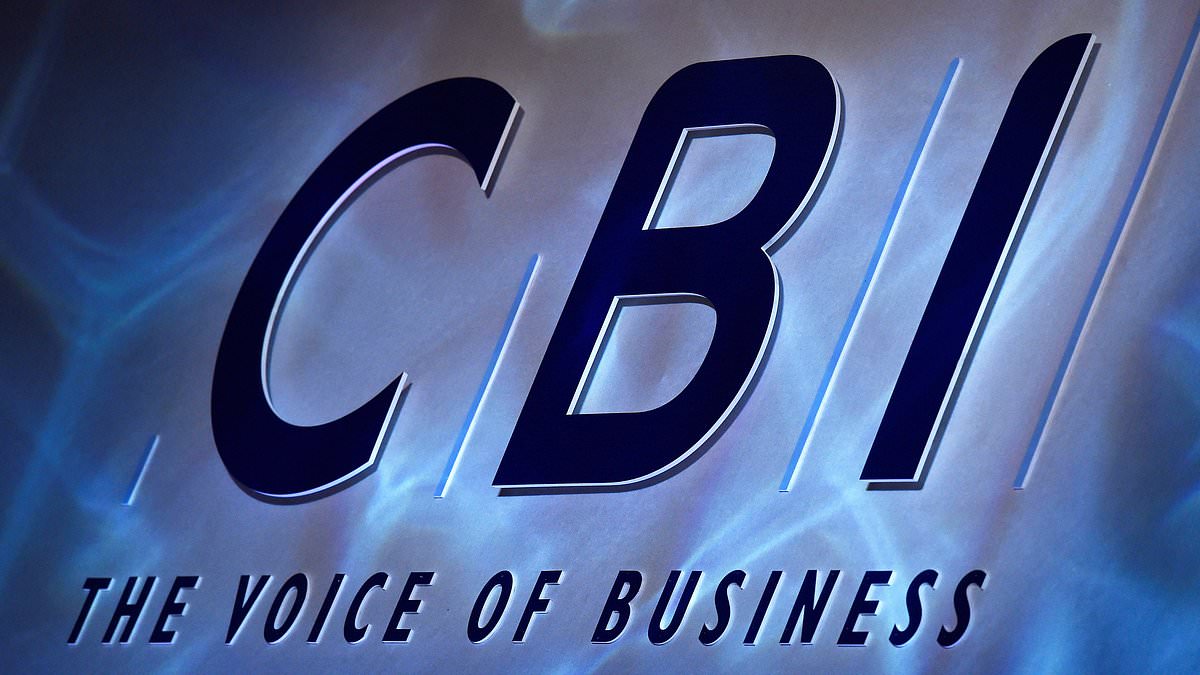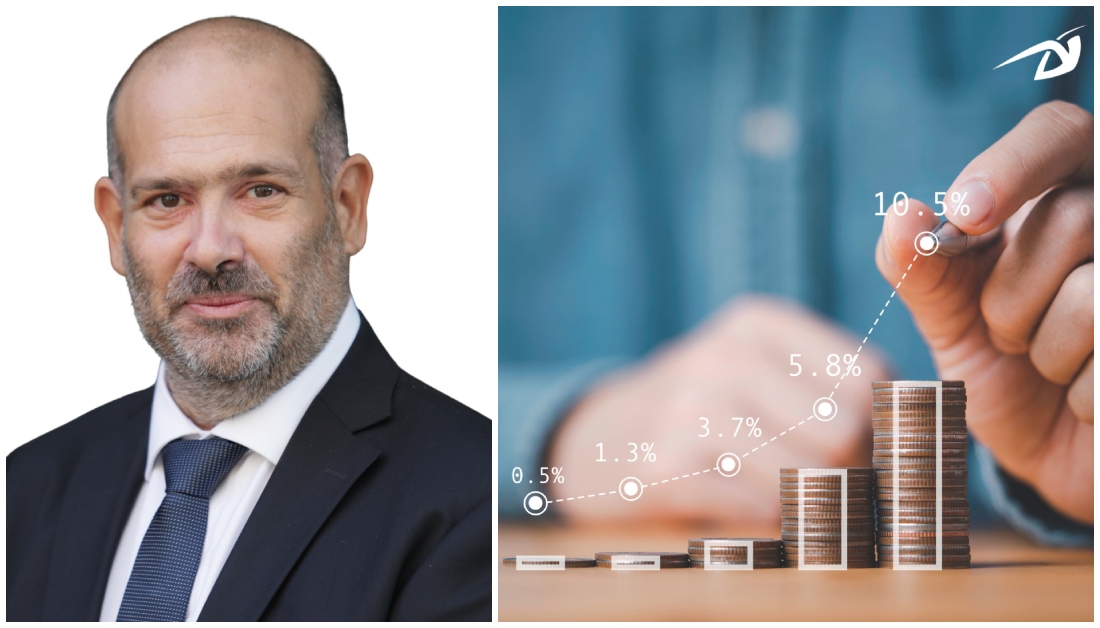By Editor,John-Paul Ford Rojas
Copyright dailymail

Rachel Reeves has been urged to rule out more business tax hikes after figures indicated a deepening private sector downturn.
Latest data from the Confederation of British Industry (CBI) showed business activity falling in the three months to September at its sharpest pace since the pandemic.
It comes as fears grow that the Chancellor may pile on pain with a tax raid in the November Budget, as she seeks to plug a financial black hole estimated at up to £30billion.
Firms are still reeling from Reeves’ budget last year, when employer National Insurance contributions were raised, making it more expensive to take on workers – a policy blamed for damaging the job market and pushing up inflation. After that the Chancellor promised no further tax increases – but has since rowed back on that.
CBI deputy chief economist Alpesh Paleja said there was ‘renewed nervousness’ about the Budget, ‘with businesses concerned about being asked to again shoulder the burden of fixing the public finances’.
He said: ‘The business tax burden is already at a 25-year high and the Chancellor must quickly reaffirm last year’s commitment to no more business tax rises, avoiding Budget speculation further curtailing sentiment in the run-up to November 26.
‘Doing so will boost confidence and accelerate the significant contribution businesses want to be making to the shared growth mission.’
The CBI’s latest monthly growth measure – subtracting the proportion of firms who said output was falling from those who said it was rising – gave a reading of minus 32 per cent.
That was the 16th month in a row of decline and the lowest since August 2020. Expectations for the three months ahead worsened, to minus 20 per cent, the lowest since May.
Paleja said: ‘The weakness in private sector activity doesn’t show any signs of letting up and is expected to persist to the end of this year.’ He added that firms cited ‘lacklustre’ demand and cautious spending and investment behaviour, while the NI hike and the rising minimum wage ‘continue to bite on bottom lines’, and persistent global economic uncertainty holds back decision-making.



